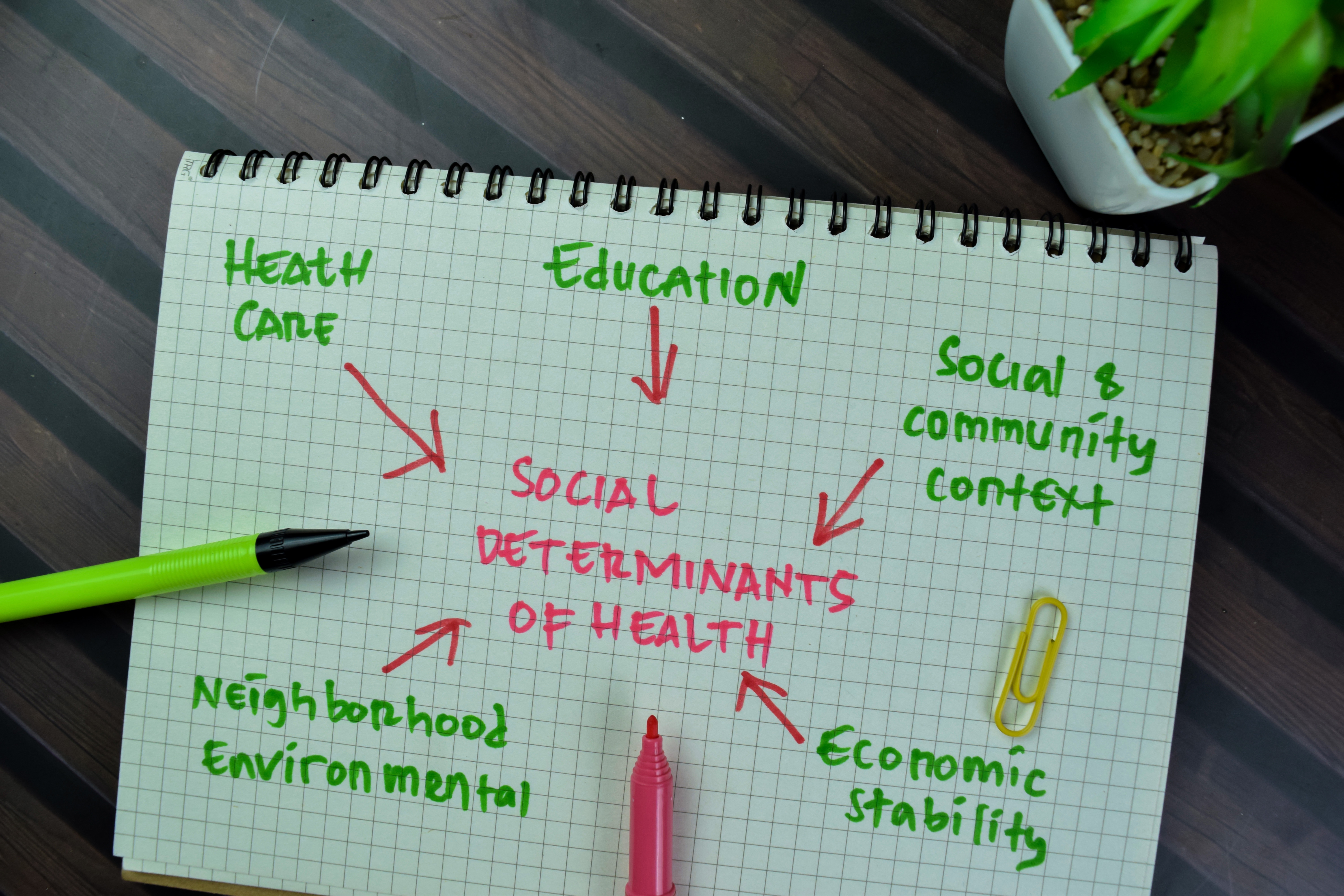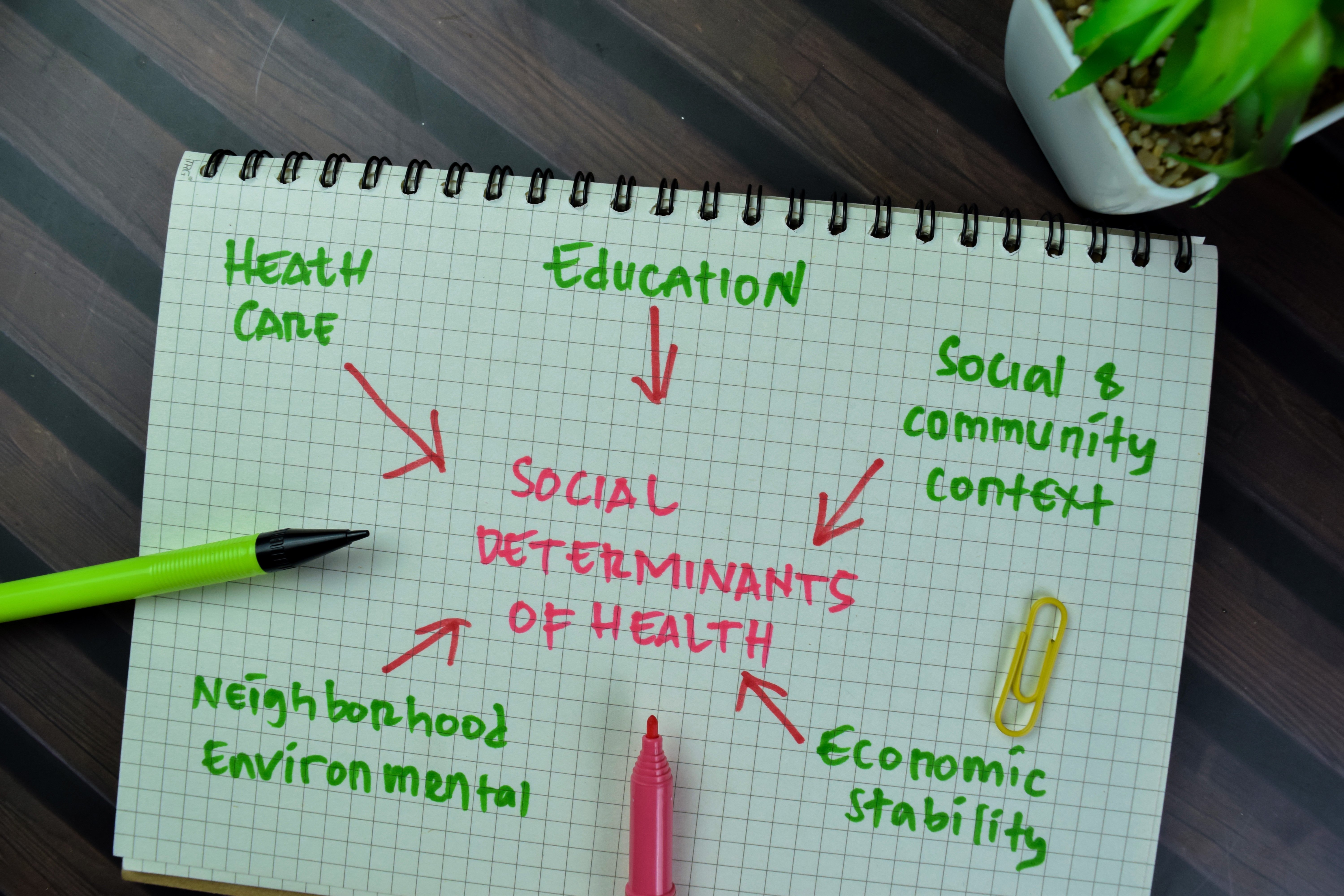Dementia's Reach: How It Affects Social Determinants of Health


Dementia, a chronic and degenerative disease, casts a long shadow over the lives of millions worldwide. This affliction isn't limited to the diagnosed individual; its reach extends to encompass their family, friends, and caregivers. Furthermore, dementia can significantly affect the social determinants of health, including healthcare access, financial stability, social support, and overall quality of life.
Barriers to Healthcare Access
Dementia can act as a formidable barrier to healthcare access. Those with dementia often struggle to navigate the complex healthcare system, making it difficult for them to obtain the necessary care. Moreover, communicating symptoms becomes an added challenge, further complicating the diagnostic and treatment process.
Financial Strain
The financial burden of dementia is not to be underestimated. The cumulative costs of care and medical treatment can quickly spiral out of control, straining both the diagnosed individual and their family. This financial instability can, in turn, erode their overall health and well-being.
Erosion of Social Support
Social support, a cornerstone of well-being, is often eroded in individuals with dementia. Social isolation can take hold, leading to depression and other mental health conditions. Maintaining relationships can also become problematic, intensifying feelings of loneliness and isolation.
Reduced Mobility and Engagement
Dementia can limit an individual's mobility, affecting their ability to engage in social activities. For those who were once active community members, this can be particularly challenging, as they may grapple with a loss of purpose and identity.
Strategies for Mitigating the Impact:
-
Support and Resources: Providing comprehensive support to individuals with dementia and their caregivers is vital. This includes access to support groups, respite care, and financial assistance programs.
-
Promoting Socialization and Community Engagement: Encouraging social activities, such as art classes, music therapy, and social events, can go a long way in improving the lives of those with dementia.
-
Raising Awareness: Increasing public understanding and support for those affected by dementia helps reduce stigma and promotes inclusivity. By fostering awareness, we can better support those grappling with this challenging disease.
Dementia's impact on social determinants of health is profound, affecting various aspects of life. However, with a comprehensive approach to dementia care, promoting socialization and community engagement, and raising awareness, we can help alleviate some of these burdens and enhance the lives of those touched by this dementia.
Learn how AGE-u-cate Training Institute is addressing community needs with innovative community awareness, practical education and sector specific training through its powerful Dementia Live® Training.



